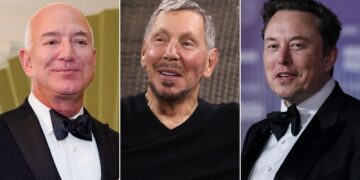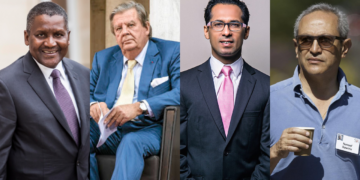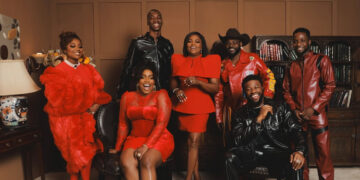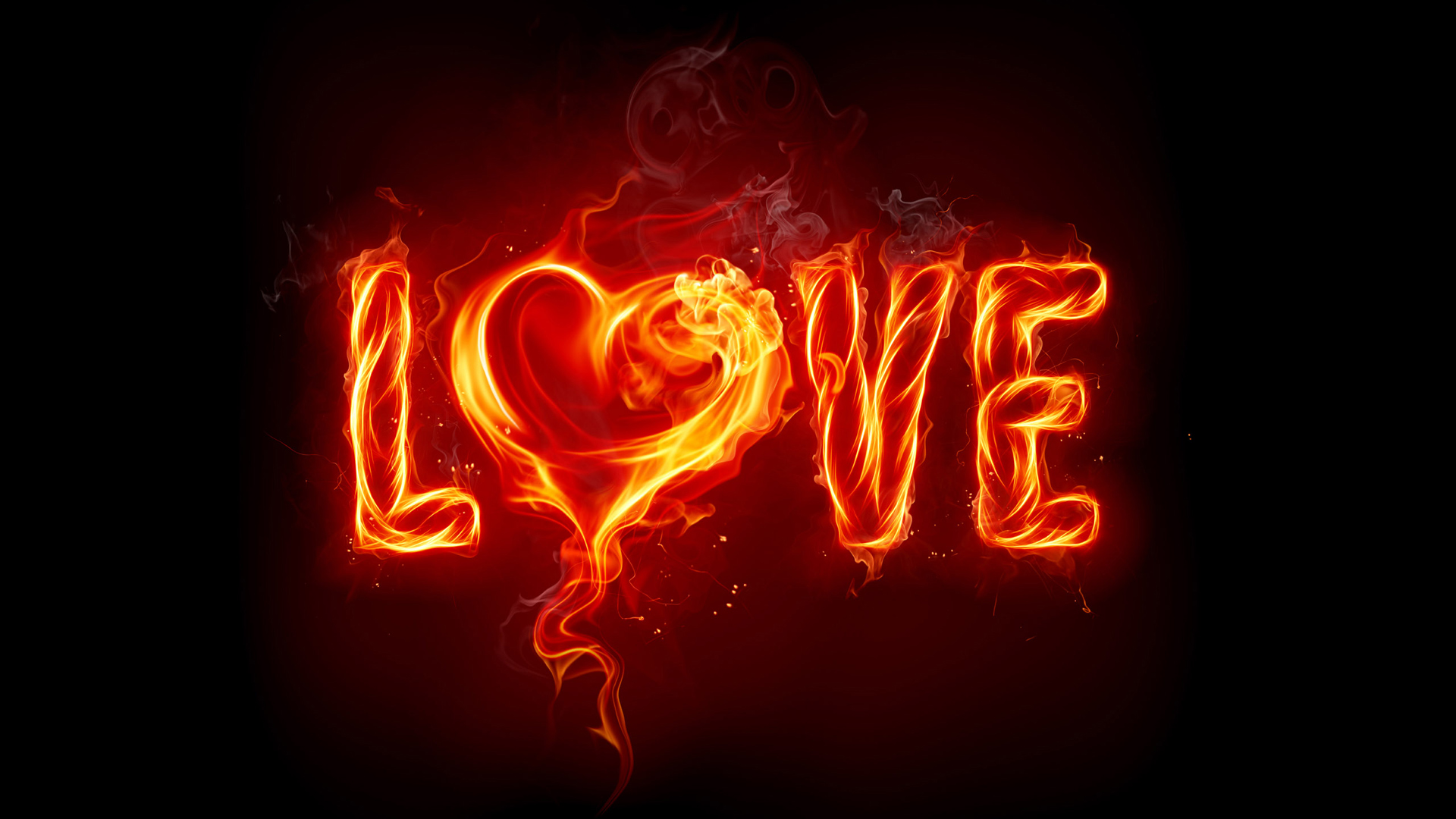More..
- You want to have a flawless skin?? – Then go for these 10 foods now!
- 10 steps to having an OMG oral séx..
- Woman releases fluids while watching Fifty Shades Of Grey in Cinema – You need to see peoples reaction! (See Photos)
- Kim K takes off everything as she puts her ‘German Juice’ on display in another shoot for love magazine (See Photos)
Honestly, if you’d have told me just a few short years ago that I would make a case FOR unconditional love, I’d have laughed in your face.
I genuinely didn’t think it existed. Or, if affection without reservations DID exist, it certainly wasn’t something I thought I was capable of.
I, like many, felt that loving someone without conditions meant you never wanted anything more than they could give.
I felt that people are so wrapped up in their own desires and personal pursuits that what they could give was so minimal, I would always want more.
I’ve learned SO much since then.
Charles Darwin was one of the first scientific minds to discover that no matter the species—from humans to ants—behavior is primarily driven by cooperation, caretaking, and nurturing. He discovered that members of the animal kingdom with the highest chances of survival were ones most adaptable to change.
He observed and documented countless examples of animals that overcame big obstacles simply because they instinctively worked together and looked after one another—often putting the needs of the many ahead of the needs of the one, prolonging their existence—as individuals and communities.
This comes as a surprise to people who know Darwin only as the “survival of the fittest” guy, but upon closer inspection of his book, Descent of Man, he only states that idea in one specific instance; yet, he references love, and loving behaviors, almost 100 times.
Basically, from an evolutionary standpoint, love is in our DNA.
You see, love is our very truest nature. It is who we are at the core. We cannot NOT be love.
Knowing this brings the concept of unconditional love into an entirely different perspective.
We are love; therefore, we cannot help but love. Yet, we have this other piece of our psyche (not our DNA) that acts as an inhibitor to that natural state of being—fear.
We are desperate to feel understood. We’re afraid that we or our partners will make a mistake. We either do too much or too little based on this very limited piece of our thinking, which has nothing at all to do with our natural state of being.
- The fear that we (or our partners) have to do everything 100% right, in order to qualify as unconditional love, is just a thought.
- The fear that we (or our partners) can’t ever ask for what we need, in order to qualify as unconditional love, is just a thought.
- The fear that we (or our partners) can’t experience conflict, in order to qualify as unconditional love, is just a thought.
I think you see where I’m going with this. Yes, we are loving beings by nature AND we’re fallible, emotional, and perpetually evolving. The notion that once we’re in a relationship we can somehow turn off all of that humanness is, quite simply, absurd!
We will always grow, change, and make mistakes. Our one saving grace is that beneath all of those goofy layers, we are still inherently loving kindness. Thank goodness, too.
There’s even more good news. We get to use all of our foibles to build on this simple truth about ourselves—that we ARE love. Here’s how:
1. It all begins with … YOU!
This sounds a little counter-intuitive at first, but the first place we fill the love bucket is by treating yourself kindly.
When we can learn graciousness and forgive our own mistakes, we not only learn from them, but we also change the pattern in our thinking from mistakes are bad and shouldn’t happen, to we all make mistakes and that’s okay.
This internal dialogue is a critical first piece, because whichever mindset comes up as the default way you treat yourself, then it will also come up as the default way you treat others.
CLICK THE PAGES BELOW TO SEE THE REST





































Discussion about this post